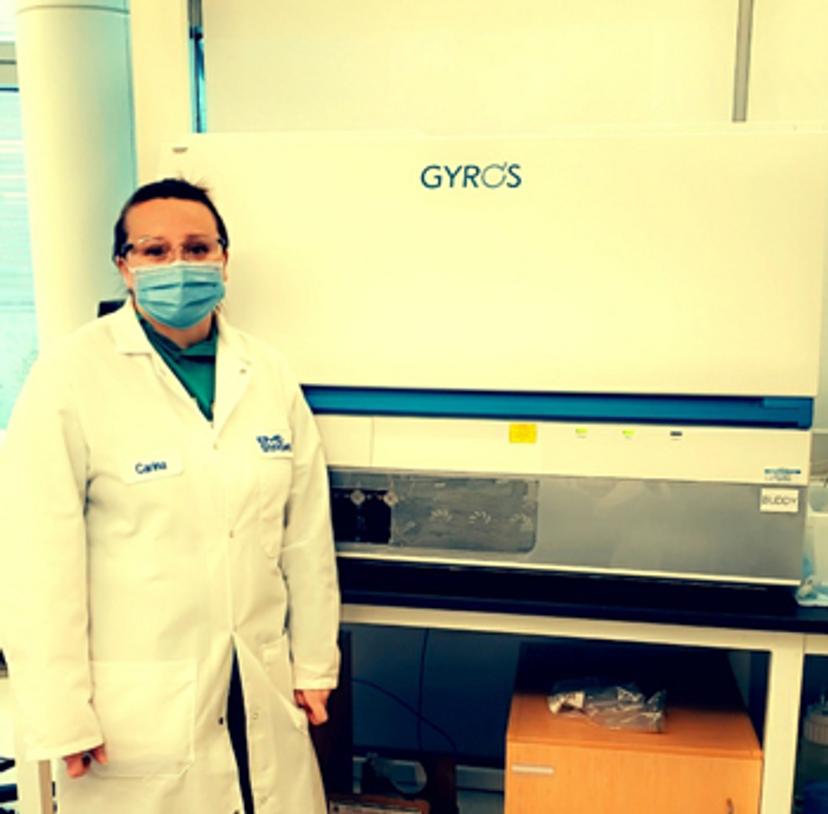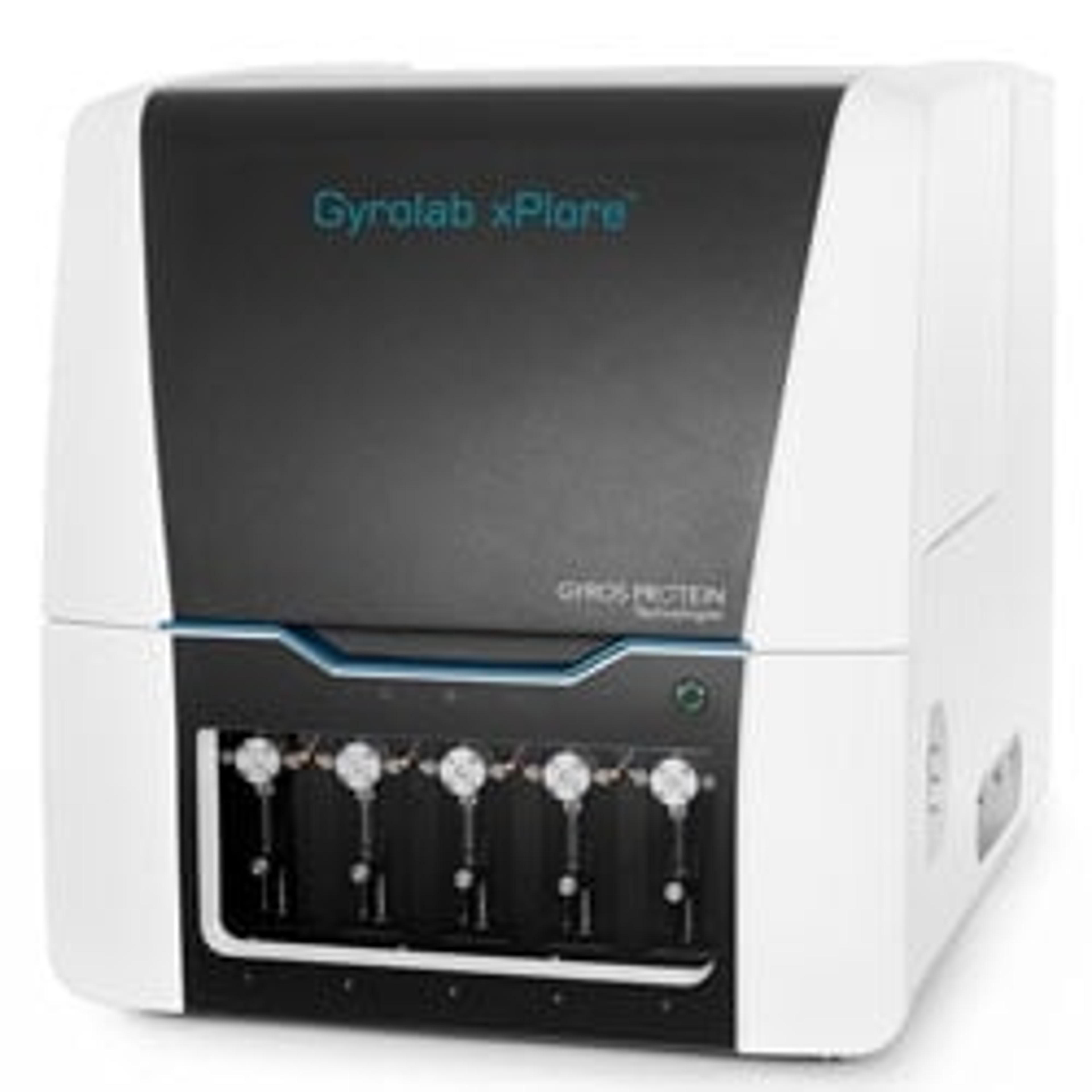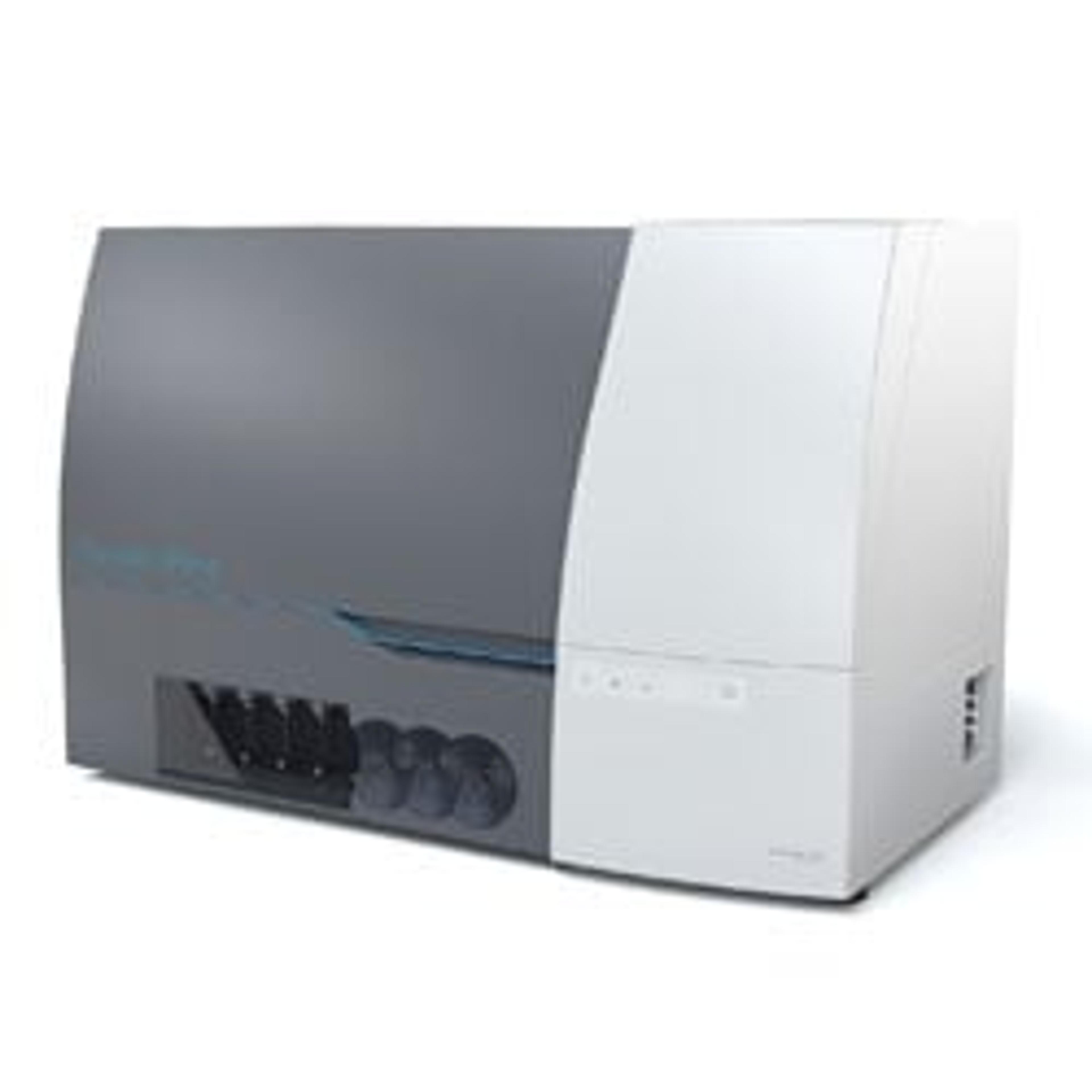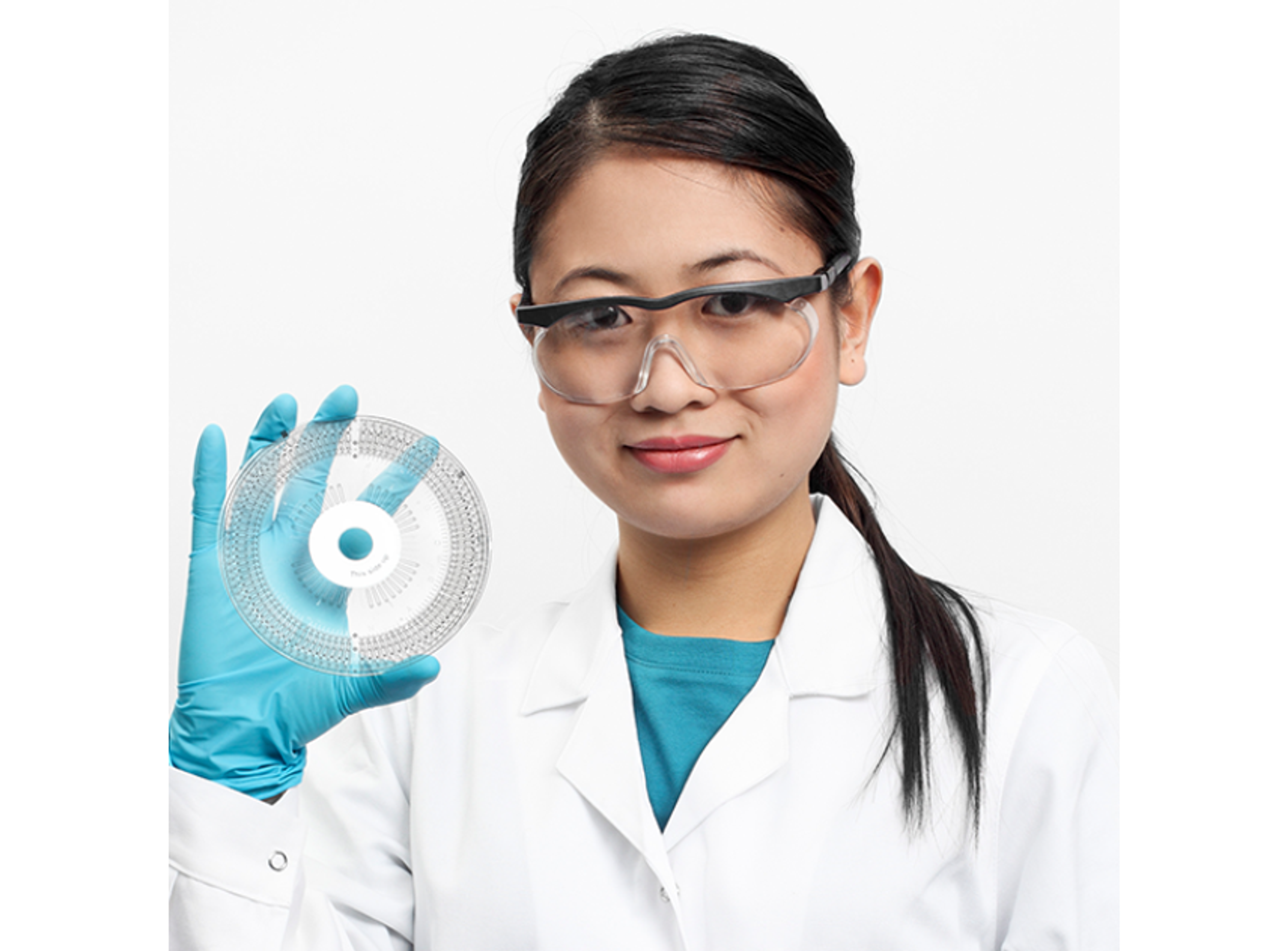New ultra-sensitive, automated immunoassays to streamline biopharma clinical assay development
EMD Serono senior scientist Carina Carter shares her experience with some of the latest immunoassay technology optimizing pharmacokinetics and immunogenicity assay development
19 Feb 2021
Immunoassays are used throughout the discovery and development of biopharmaceuticals and in quality control of approved therapies. Improvement in assay throughput and sensitivity is paving the way for more informative, accurate data, helping to drive the development of effective medications. During clinical studies, these immunoassays can help provide high-quality information about the immunogenicity and pharmacokinetics of complex biologics that is needed to validate drug efficacy and safety, as well as measure impurities and titer of the therapeutic.
For this SelectScience® article, we speak with Carina Carter, senior scientist in the Clinical Assay Development team at EMD Serono, to learn about her work developing clinical assays, her experience using Gyrolab® automated immunoassay platform from Gyros Protein Technologies and to find out what it was like to be a beta-tester of the company’s new high-sensitivity immunoassay format, Gyrolab® Bioaffy™ 4000 CD.
Clinical assay development at EMD Serono
The clinical assay development team at EMD Serono is focused on the development of assays needed for human trials of biotherapeutics with a predominant focus on cancer immunotherapy. Bioanalytical testing of therapeutics includes pharmacokinetics (PK), as well as immunogenicity studies such as anti-drug antibody (ADA) and neutralizing antibody (NAb) assays. Together these studies help to confirm the efficacy and safety of a drug by measuring therapeutic levels in biological samples, detecting any unwanted immune responses that may cause adverse effects in patients or prevent it from working.
With increased demand to bring medications to patients faster, implementing technology that improves efficiency at any stage of the pipeline is a big win. The team employs several cutting-edge platforms to perform bioanalytical studies, including Gyrolab automated immunoassay system.

Carina Carter, senior scientist, Clinical Assay Development, EMD Serono, uses the Gyrolab automated immunoassay platform.
Miniaturized immunoassays
Designed to enable the development of immunoassays across a broad range of formats and concentrations in various matrices, Gyrolab platform is the Clinical Assay Development team’s newest system solution. “We just really love how easy it is to use and how quickly we can develop an assay on it. We can even pair antibodies for a PK assay, and if we're trying to figure out optimal capture/detector concentrations,” Carter shares.
The platform uses a CD-based affinity-column format in nanoliter scale, requiring much less incubation time than traditional ELISAs and that helps to boost productivity. The lab has particularly benefited from the high throughput of the 5 CD platform and fast turnaround time to results. “Sometimes, we'll run two or three assays a day, and we’re able to get our answers sooner,” says Carter. “You can just load everything onto the instrument and walk away. It's much less hands-on, so it frees up a lot of our time to do other things in the lab.”
The flow-through design of Gyrolab Bioaffy CDs also helps to reduce matrix interference by minimizing contact time between interactants. This is especially important for labs such as the one at EMD Serono where many of the assays are performed on complex human serum or plasma, which can cause nonspecific binding.
In addition to immunoassay development, Carter and her colleagues use Gyrolab platform to run validated assays on clinical trial patient samples. The high precision of Gyrolab Bioaffy CDs ensures low intra- and inter-CD assay variation. “It's really robust and reliable,” says Carter. “If we develop an assay on the Gyrolab platform, we know it's going to stay consistent when we transfer our assays to patient samples.”
Ultrasensitive assays: Testing the new Gyrolab Bioaffy 4000 CD
“I had a lot of fun beta-testing the 4000 CD,” says Carter. Gyrolab Bioaffy 4000 CD is the highest sensitivity CD in the Gyros Protein Technologies portfolio, able to detect in the low pg/mL range using just 4,000 nL of sample, making it ideal for PK assays. Carter highlights: “You really want to be able to measure the lowest possible concentration, so nothing gets missed during the clinical trials. The fact that we can label our own capture and detect antibodies on the Gyrolab platform and have the flexibility to use our own antibodies really helps us to develop a specific assay to measure at those low concentrations.”
The new CD has already enabled Carter to perform assays on Gyrolab platform that were once not possible. “I had some assays that I couldn't keep on the Gyrolab system because they weren't sensitive enough - I couldn't reach that lower limit of detection with the current CDs, and then when I got to test the 4000 CD, I was able to hit those assay sensitivities,” Carter explains. “I think it's going to help us in the future. Hopefully, when we need an ultrasensitive assay, we could use the 4000 CD to help us do that.”
Pushing the boundaries & getting medications to market sooner
The faster we generate data, the sooner we can get those medicines to the market.”
Carina Carter EMD Serono
The ultimate goal of Carter’s work is to help bring medications to market faster and this is where she sees a role for the Gyrolab platform. “It helps us develop the kinds of assays that we need for our molecules, and it also helps us with our sample analysis throughput. The high throughput that the Gyrolab system supports helps us achieve our main goal of getting our medications out sooner,” says Carter. “The faster we generate data, the sooner we can get those medicines to the market.”
Looking to the future, Carter is enthusiastic about the impact Gyrolab platform will have in clinical assay development, from the development of robust assays to assay transfer to CRO partners. “I see us always pushing the boundaries of the instruments we have. We're constantly learning new things when using them, and that's what I really like about the Gyrolab. I can always keep testing different reagents or buffers, whatever it may be, to help us get those robust and reliable assays that we're looking for,” says Carter, “and then, the ease of transfer to our CROs is a bonus with the Gyrolab too. I think we'll continue exploring down the path, especially with the new consumables that Gyrolab is launching, and keep pushing the envelope with what it can do.”
Learn more about Gyrolab Bioaffy 4000 CD, and Gyrolab xPlore and Gyrolab xPand immunoassay systems.



